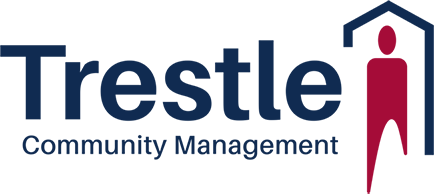Achieving Quorum at Annual Meetings with Proxies
A quorum is the minimum number of owners who must be at a meeting before business can be transacted. Washington state law states unless the bylaws specify a larger percentage, a quorum is present throughout any meeting of the association if the owners of units to which 25% of the votes of the association are allocated are present in person or by proxy at the beginning of the meeting. 25% is relatively low, but getting to it is a common problem in many associations. And that’s where a proxy can help.
 Meetings that don’t have a quorum must be adjourned and rescheduled at a later date (there is also the option of meeting by mail). This costs the association money and creates more work. Additionally, achieving a quorum at a second meeting—if you couldn’t get one the first time—is even harder.
Meetings that don’t have a quorum must be adjourned and rescheduled at a later date (there is also the option of meeting by mail). This costs the association money and creates more work. Additionally, achieving a quorum at a second meeting—if you couldn’t get one the first time—is even harder.
So, why bother to try again? Because the board is legally obligated to conduct an annual meeting. It’s an important part of conducting association business. During the annual meeting, new board members are elected. No quorum—no election. This means the current directors will have to continue serving until an election can be conducted.
Good news: Owners can be “at” a meeting and across the country at the same time by signing a proxy! That’s how owners assign their vote, in writing, to another person. Proxies count toward the quorum, so they’re very important to the association.
A proxy is the written authorization that allows one person to appoint another (the proxy holder) to vote on his or her behalf. State law and the association’s governing documents specify that the association can use proxy voting.
Why would an owner use a proxy? Maybe they are traveling during the election or have other obligations that prevent them from attending the meeting, but they still want their voice to be heard.
If an owner is interested in using a proxy, the Community Manager can provide a proxy form, and one is typically included in the annual meeting mailing packet. The association can only accept one proxy form per unit, so it is important forms are completed accurately and signed by the owner who cannot attend.
Be aware, however, that by assigning a proxy to another person, the owner has authorized the proxy holder to vote for them as he or she sees fit. The proxy holder is responsible for voting or abstaining from a vote.
Essentially, a proxy is an act of trust—the proxy giver must trust the judgment of the proxy holder. The proxy giver may think the proxy holder will vote for a certain candidate or issue, but the proxy holder isn’t legally bound by that assumption unless it’s written on the proxy form.



